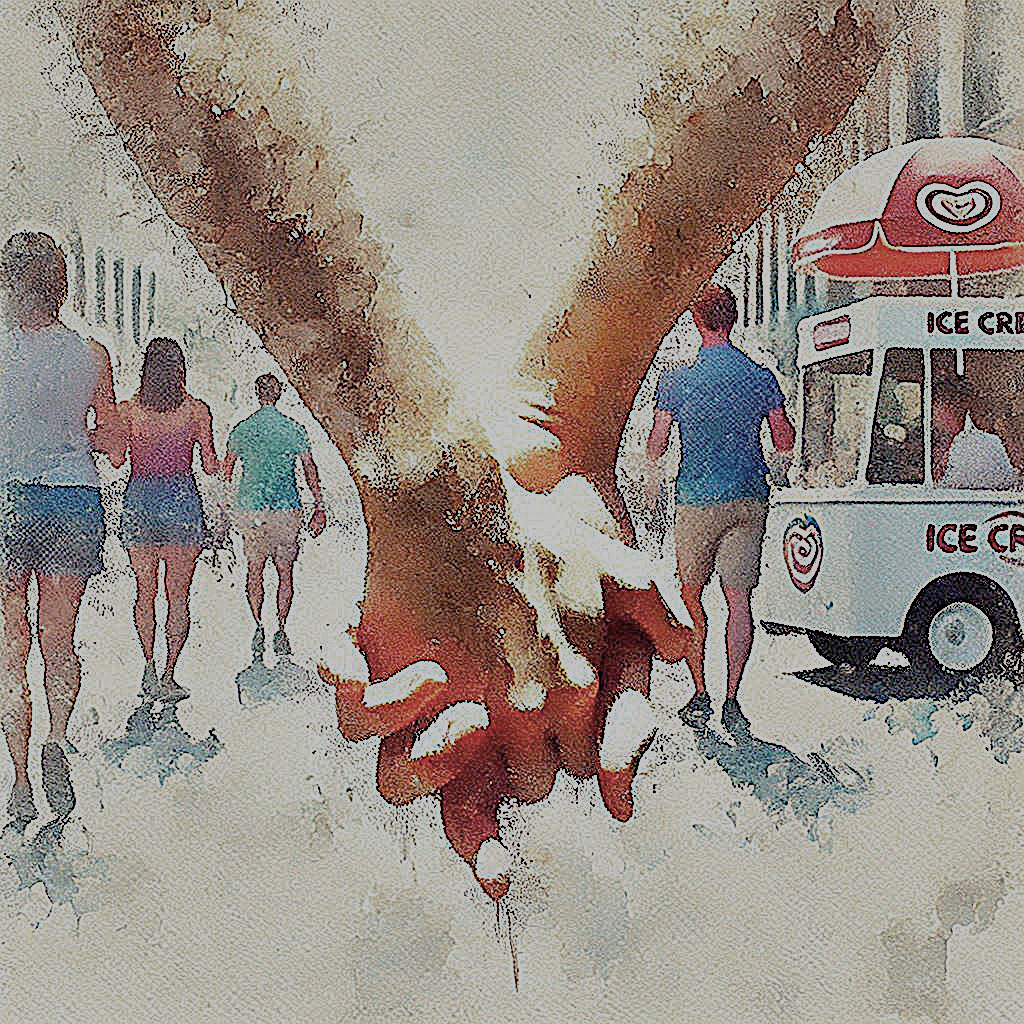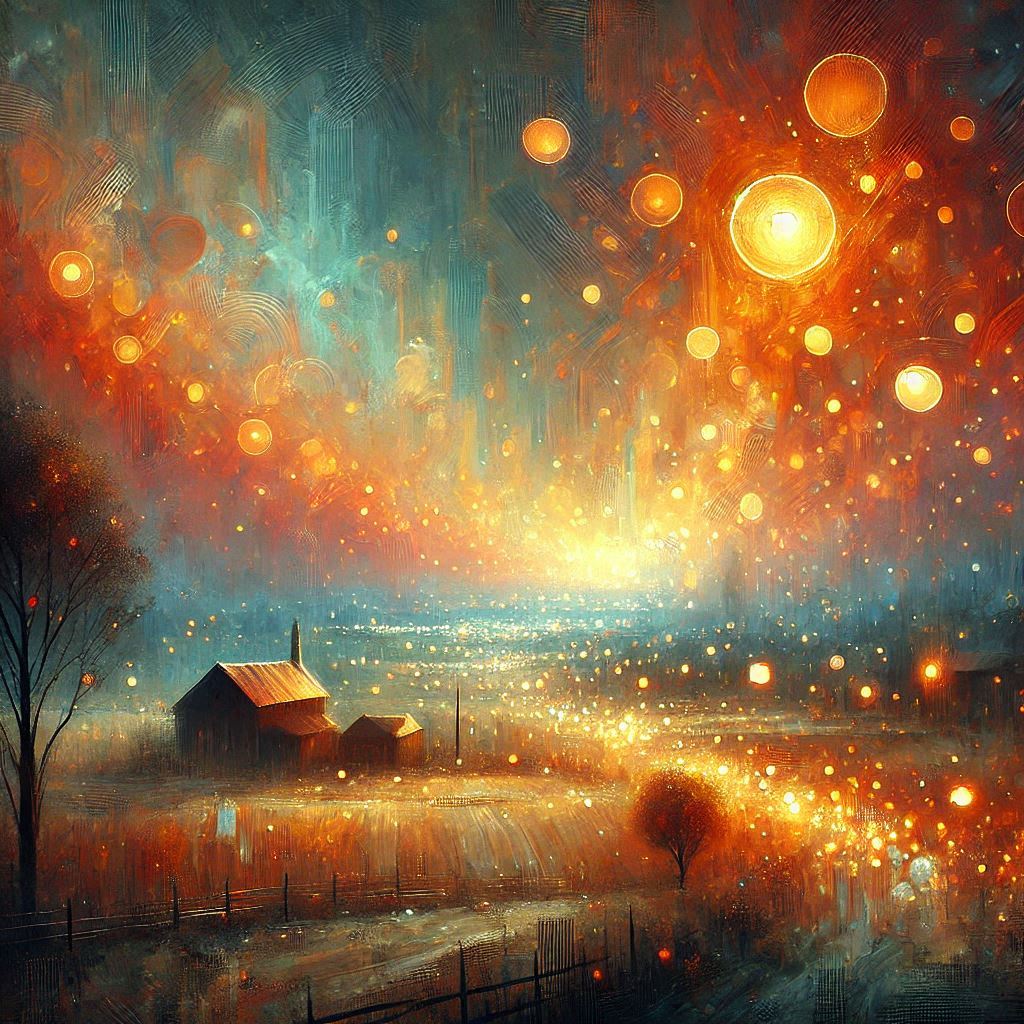
When I Spend Too Little Time Outside, My World Narrows
When I spend too little time outside, my world narrows. It narrows in that I place importance on emptying the dishwasher before I leave for the day. It narrows in that I grow impatient with my dog, asking for a ball to be tossed across the room as I’m preoccupied with a computer task that I couldn’t name at this moment. It narrows in that my digital calendar evokes a particular, irritatingly familiar strain of anxiety fifteen minutes before some appointment bell chimes. Any flavor of discomfort stings, because there really never is enough time to operate on a capitalistic schedule. Self-care is not profitable.
I don’t pretend to be a purist outdoor enthusiast, a bushcraft survivalist, a yurt dweller in enclaves of a forest with no cell signal, or someone who grows their own pickling cucumbers. I’ll find any excuse I can to spend as much time outside, which lately has been taking my dog on walks to the closest old-growth forest I can find. But when that’s not the case, my mood noticeably deteriorates. When I first moved to the Puget Sound, I was told I had to go outside, every day, no matter the weather. Simply wear the right clothes. A puffy under a rain jacket when it rains. A fleece under a jacket when it gets into the thirties. I didn’t have the right clothes. My thin sweaters made of nylon and polyester and a failing central heating system kept me huddled by our woodstove most days. Any desire to go outside dissipated. I stayed inside for most of this winter and watched the cows in the pastures behind my house survive peacefully, chewing thoughtfully on hay and weeds. I walked my dog to the nearby fields most days and began to build up a wardrobe of rain and snow gear.
I’ve opted to avoid seasons for most of my life, seeking sun when it became cold. I didn’t need to confront the discomforts of the weather when it became tough for too long. I simply fled. This winter, I didn’t have the resources or flexibility to flee. I wanted to learn to stay. I wanted to learn how to be closer to the rhythms of the seasons. The few times I experienced harsh winters, I remember meaningful and long summers that I didn’t want to end. I stayed for the winter because part of me believes this to be true, or at the very least, to not take our sun for granted.
A friend asked for a beach day in early February, before a storm. My partner suggested we bring wetsuits for a cold plunge and quick swim, where it was calm. I missed the water. I agreed, and we packed our car and drove to the coast. Sprinkles of rain fell on our windshield, and our dog, Paulo, rested his chin on my lap. My friend was telling us how she once hiked out to the end of a long spit where we were going and spotted a Snowy Owl who had found a quiet perch for the time being. I could imagine it, blending into the grey and white sky behind him, peering thoughtfully at crashing waves.
When we arrived, we pulled on our rain pants and jackets. We compared brands and gear, ensuring we were warm. We were the only ones there, understandably. The weather was picking up. It was only noon. Paulo leaped out of the car, his tongue jovially hanging from the side of his mouth.
As I walked, the wind rang through my ears, and I pulled up my hood. My friend and I yelled to make our conversation heard over the waves and wind. My partner threw a ball and Paulo dug his paws into the sand. When he sprints, all four touch. When he got thirsty he drank from the sea. When we called for him, he looked up, confused, why would we want to keep him from hydrating from Earth’s pool?
The elements would snap us up instantly given any missteps. I adore these spaces, because we, mankind, are so small, and we have so little control, and to be reminded is my humbling reality check. And isn’t that the beauty of it all? In these moments in time, I don’t matter. To be insignificant in the scope of it all is my empowerment.
When we made it to the end of the spit, the ocean rang on one side but sat still on the other. Standing on a salt-weathered stump, the sea sprayed our faces as the tide moved toward our rubber boots. The ocean began to crawl in and out, with layers upon layers of light green choppy sets of waves. We forgot our towels and wetsuits for the cold plunge and our skin turned purple and prickled. We howled and hooted because, at that moment, it felt like home. The storm was greeting us and we could go home and forget why we went in the first place.
Suggested Reading
-
Featured • Fiction
-
about Lollipop, Lollipop![Lollipop]()
Featured • Fiction • Nonfiction
Lollipop, Lollipop
The figure moved slowly, deliberately, its shrouded head turning towards Josh. Those eyes—sharp and frigid as icepicks—stared at him. The man’s black lips never moved, even as a word pierced him like a yell: “Beware.”
Featured • Fiction • Nonfiction
-
Featured



